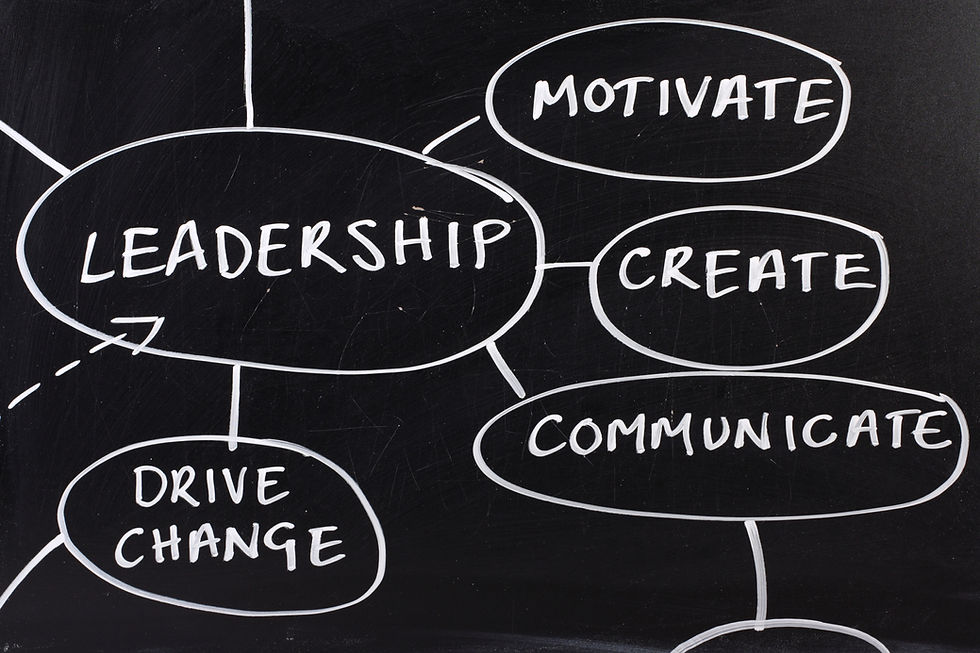Human Resources and Organizational Success

When most people think of Human Resources (HR) they think hiring, firing and benefits administration. Many believe that the sole purpose of HR is to acquire talent for a division or department, facilitate the discipline or removal of talent that is not meeting expectations, and to administer benefits. HR is much more than a mechanism by which companies manage talent onboarding and off-boarding. If led correctly, HR can be the department that has the greatest overall impact on the entire organization.
HR Needs to Understand the Business of the Business
For HR to be effective at its core purpose, which is to hire the best and brightest talent and develop that talent to perform at the level expected, it must first know the business of the business. This cannot be a superficial understanding of the business. It needs to be deep.
What does that mean? HR must understand as well as anyone the business strategy and what is truly needed from each hire in every position within the organization. To know that the company makes widgets, and that it needs people to operate machines to make those widgets is one thing.
However, if HR understands the why behind each aspect of the business, they stand a better chance at achieving their core purpose.
What is the consumer problem that is trying to be solved?
What is the organization’s vision for growth?
What are the business goals for the entire organization and each department?
What are the demands on an employee in each position?
What skills will be needed from each employee in each position?
What type of person is best positioned for success in each position?
Etc.
HR's Business Strategy
HR should have a business strategy aligned to that of the organization’s. HR’s strategy must support the goals of the business, as well as each department HR supports. For example, a strategy should be developed to help accounting and finance reach its key performance objectives. A separate strategy should be developed for helping production, research and development, marketing, and purchasing reach theirs.
Beyond knowing the ins and outs of the entire organization and the various goals held within, HR must also develop its own strategy for improving upon its areas of responsibility. When you think about what makes an organization successful, it all comes back to people, process, and product. However, like Maslow’s Hierarchy of Needs, until the right people are in place, it is difficult to consistently implement strong processes. Without strong processes, product will suffer.
Hire the right people with the right values, beliefs, behaviors, motivators, work ethic, creative and innovative mind, and character and the organization will go far. Hire the wrong people and we all know what happens. One bad hire can set an organization back years. Therefore, if there is one department that needs to be the leader when it comes to business strategy and representing the values and beliefs of the organization, its HR.
HR’s A Blessing, Not A Curse
Truth be told, because of HR’s requirement to onboard and develop people, it may carry the heaviest load when it comes to responsibility for strategy implementation and organizational success.
Therefore, HR leaders must embrace this reality and work to meet the incredibly high expectations that are placed upon them. HR is not like every other department. It’s not easy to rework a mistake. People mistakes can take years to correct and have a huge impact on the organization’s culture and bottom line.
Effective HR leaders do not wait for things to happen to them and their department, they make things happen for them. They make their own luck. They understand that the best way to make luck happen is to plan for it and actively work to make it their reality.
So, if you are an HR leader and you are unclear as to what the real business of the business is, what each department within the organization is trying to accomplish, or what your department needs to do to support the business strategy of the organization, you should map a plan for finding those things out as quickly as possible. Otherwise, you place the entire organization at risk of underperforming. Underperforming organizations and leaders don’t stay around long. Remember, leadership is influence and there is not a more influential department than HR. Organization’s with great HR leaders are blessed, as they can transform organizations and serve as the catalyst for achieving its vision for growth.
Randy Stepp is a Principal with Renaissance Leadership Group. RLG is a full-service business development company whose purpose is to help business owners realize their dreams of independence and freedom.
Visit Renaissance Leadership Group at www.renaissanceleadershipgroup.com to learn more about business development.


Comentários